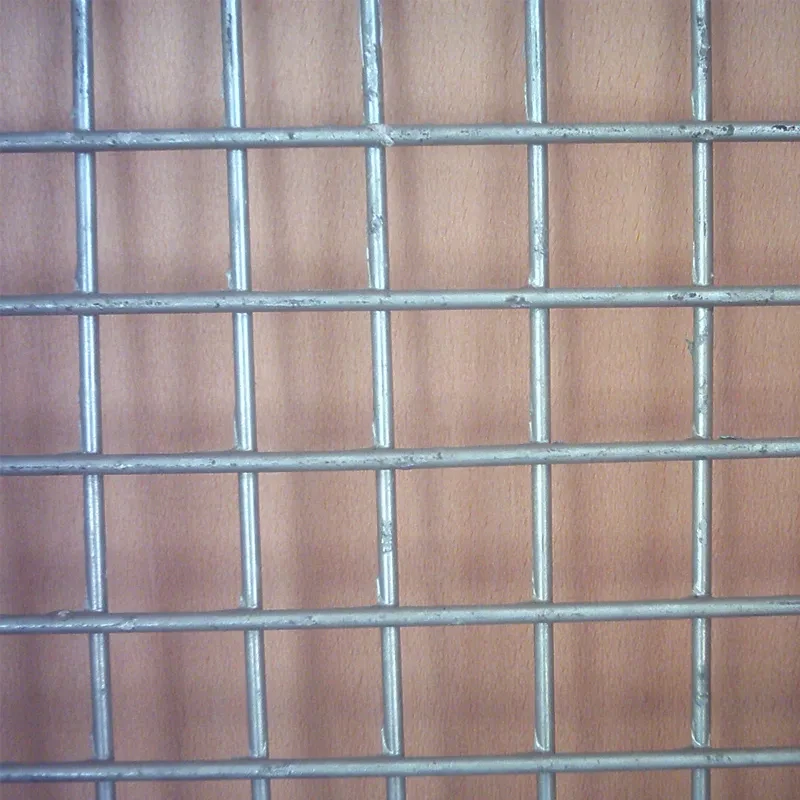ก.ย. . 07, 2024 23:45 Back to list
Durable Chicken Coop Wire Mesh for Safe and Secure Poultry Enclosures
Understanding Chicken Coop Wire Mesh An Essential Guide for Poultry Owners
When it comes to setting up a chicken coop, one of the most critical components is the wire mesh. This seemingly simple material plays a pivotal role in ensuring the safety and well-being of your poultry. With a variety of options available, it's essential for poultry owners to understand the different types of wire mesh, their benefits, and how to choose the right one for your coop.
Types of Chicken Coop Wire Mesh
There are primarily two types of wire mesh commonly used in chicken coops galvanized wire mesh and hardware cloth. Galvanized wire mesh is coated with zinc to resist rust and corrosion, making it durable for outdoor use. It usually comes in rolls and features larger openings, which allow for good ventilation but may not provide adequate protection against smaller predators.
On the other hand, hardware cloth is a popular choice among chicken keepers due to its sturdiness and small mesh openings. Typically made from welded wire, hardware cloth is available in different sizes, ranging from 1/2 inch to 1 inch. The smaller openings make it difficult for predators such as raccoons or weasels to enter the coop, providing an extra layer of security for your flock.
Benefits of Using Wire Mesh
The primary purpose of wire mesh in a chicken coop is to create a secure environment for your birds. It acts as a barrier against predators, while still allowing fresh air and sunlight to enter the coop. This balance is crucial, as chickens require a well-ventilated space to thrive while remaining protected.
chicken coop wire mesh

Moreover, the visibility of the wire mesh allows chickens to see outside, reducing stress and promoting natural behavior. Chickens are curious creatures, and being able to gaze at the outside world can significantly enhance their quality of life.
Choosing the Right Wire Mesh
When selecting wire mesh for your chicken coop, consider the size of your birds and the predators in your area. For standard-sized chickens, a hardware cloth with 1-inch openings is usually sufficient. However, if you're raising smaller breeds or are particularly concerned about predators, opting for a 1/2 inch size can enhance security.
It's also worth considering the gauge of the wire. A thicker gauge indicates a stronger material that can withstand attempts from determined animals trying to breach the coop. While thicker wire mesh may cost more initially, it often proves to be a worthwhile investment in the long run.
Conclusion
In conclusion, choosing the right chicken coop wire mesh is essential for the safety and well-being of your flock. By understanding the different types available, their benefits, and how to select the best option based on your needs, you can create a secure and comfortable environment for your chickens. Ultimately, investing in quality wire mesh will not only protect your investment but also contribute to the happiness and health of your poultry.
-
The Power of Iron Wire: A Versatile Solution for Multiple Applications
NewsJun.19,2025
-
Reliable Hydraulic Fittings for Optimal Performance
NewsJun.19,2025
-
Quality Roofing Nails for Every Project
NewsJun.19,2025
-
Hexagonal Wire Mesh: Versatile and Durable Solutions for Every Project
NewsJun.19,2025
-
Enhancing Security with Barbed Wire Solutions
NewsJun.19,2025
-
Binding Wire: The Essential Material for a Variety of Applications
NewsJun.19,2025









